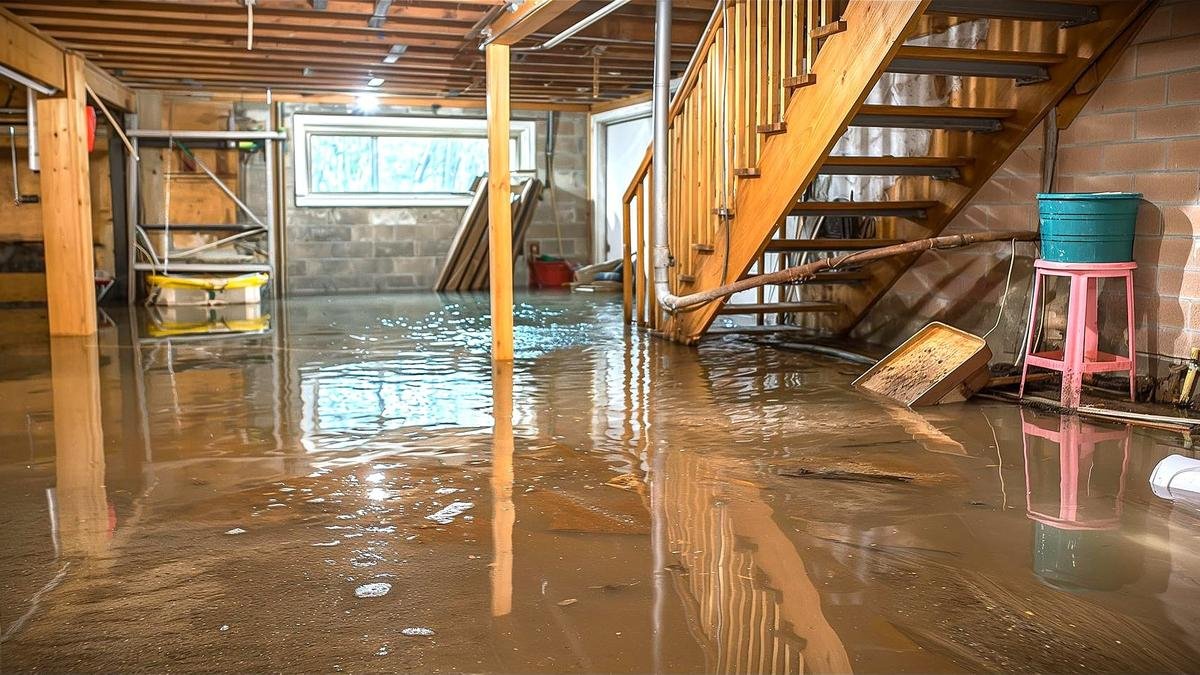Frequent Blunders to Avoid in Your Home Renovation Project

Undertaking a home renovation is an exciting but often challenging journey. Whether you are upgrading a single room or undertaking a full-scale remodel, the process requires careful planning, budgeting, and decision-making. Avoiding common pitfalls can save you time, money, and stress while ensuring your home renovation achieves the results you envision. This article will explore the most frequent mistakes homeowners make during renovations and how to steer clear of them.
Insufficient Planning and Budgeting
One of the biggest mistakes in any home renovation project is diving in without a clear and realistic plan. Many homeowners underestimate the scope of work or fail to anticipate the total costs involved. This can lead to delays, compromises in quality, or unfinished projects.
Before starting, invest time in detailed planning. Define your renovation goals clearly: Are you updating for better aesthetics, functionality, or increasing home value? Next, establish a comprehensive budget that covers materials, labor, permits, and a contingency fund for unexpected expenses. Remember, renovations often cost more and take longer than initially expected, so plan for flexibility.
Ignoring Professional Advice
Trying to do everything yourself or ignoring expert recommendations can lead to costly mistakes. While DIY projects might save money upfront, certain aspects of home renovation, such as electrical work, plumbing, and structural changes, require professional skills and permits.
Hiring qualified contractors, architects, or interior designers early in the process ensures the project is done safely and meets building codes. Professionals can provide valuable insights, recommend better materials, and foresee issues that may not be apparent to a novice. Their expertise helps avoid expensive repairs or modifications later.
Overlooking Permits and Regulations
Failing to obtain the necessary permits is a common error that can lead to legal problems and additional costs. Home renovation projects, especially those involving structural changes, electrical systems, or plumbing, typically require permits from local authorities.
Ignoring these requirements might result in fines or having to undo completed work. Always check with your local building department before starting the renovation. Ensuring compliance with regulations not only protects you legally but also guarantees safety and quality standards are met.
Choosing the Wrong Materials
Selecting low-quality or inappropriate materials to cut costs can be a false economy. Materials directly impact the durability, appearance, and maintenance of your renovated spaces.
When choosing materials, consider their longevity, ease of maintenance, and suitability for your climate. For example, using hardwood flooring in a moisture-prone area might lead to warping or damage. It’s often worth investing in trusted brands or materials recommended by professionals to avoid early wear or the need for replacement.
Underestimating the Time Required
Renovation projects rarely proceed exactly as scheduled. Many homeowners make the mistake of setting overly optimistic timelines, which leads to frustration and disrupted daily life.
Delays can occur due to unforeseen issues like structural problems, material shortages, or contractor availability. Plan for extra time and communicate regularly with your contractors about progress. Having realistic expectations about timing helps reduce stress and enables you to adjust your schedule accordingly.
Poor Communication with Contractors
Effective communication with your contractors and suppliers is vital for a smooth renovation process. Misunderstandings about project scope, deadlines, or materials can result in mistakes, rework, and cost overruns.
From the outset, establish clear channels of communication and set expectations for updates and decision-making. Regular check-ins allow you to track progress, address concerns promptly, and ensure everyone is aligned with the project goals.
Neglecting the Impact on Daily Life
Home renovation can be disruptive, especially if you live in the space while work is underway. Many people forget to plan for the inconvenience caused by noise, dust, and restricted access to parts of the home.
Consider temporary living arrangements or setting up a functional area away from the construction zone. Inform family members or roommates about the schedule and possible disruptions. Taking these steps helps minimize stress and maintain comfort during the renovation period.
Focusing Too Much on Trends
While it’s tempting to incorporate the latest design trends during your home renovation, making decisions based solely on what’s fashionable can be a mistake. Trends change quickly, and what looks modern now may appear outdated in a few years.
Instead, aim for a timeless design that reflects your personal style and complements the overall architecture of your home. Classic, well-thought-out renovations often provide better long-term value and satisfaction than trendy but short-lived choices.
Skimping on Storage Solutions
In the excitement of redesigning your home, it’s easy to overlook storage needs. Poor storage planning can lead to cluttered, inefficient spaces that don’t support your lifestyle.
Evaluate your storage requirements carefully and incorporate built-in cabinets, shelves, and closets that maximize space. Good storage design improves organization and helps maintain a clean, attractive home environment after the renovation is complete.
Not Considering Resale Value
Even if you plan to stay in your home long-term, ignoring the resale value of your renovation can be a missed opportunity. Some renovations add more value than others, depending on market demand and neighborhood standards.
Consult with real estate professionals or research local market trends to understand which upgrades offer the best return on investment. Focus on improvements like kitchen and bathroom upgrades, energy efficiency, and curb appeal to enhance both your enjoyment and the property’s marketability.
Over-customizing Your Renovation
Customizing your home to suit very specific tastes or needs can limit its appeal to future buyers and may complicate the renovation process. Over-customization might include unusual color schemes, niche layouts, or overly elaborate features.
While personalization is important, try to maintain a balance between your preferences and broader appeal. This ensures your renovation adds lasting value without alienating potential future occupants.
Failing to Prepare for the Unexpected
Renovations often reveal hidden problems such as mold, faulty wiring, or structural damage. Many homeowners make the mistake of not planning for these surprises.
Include a contingency budget of at least 10-20% of the overall project cost to cover unexpected repairs or upgrades. Being financially prepared for these issues helps keep your renovation on track and reduces stress.
Skipping the Final Inspection and Walkthrough
Once the renovation is complete, skipping the final inspection or walkthrough can lead to unresolved issues or incomplete work. This step is critical for ensuring that all aspects of the project meet agreed-upon standards and that any problems are addressed before final payment.
Carefully inspect every detail, test fixtures and appliances, and ask your contractor to fix any deficiencies. Documenting the final condition protects your investment and guarantees satisfaction with the finished renovation.







